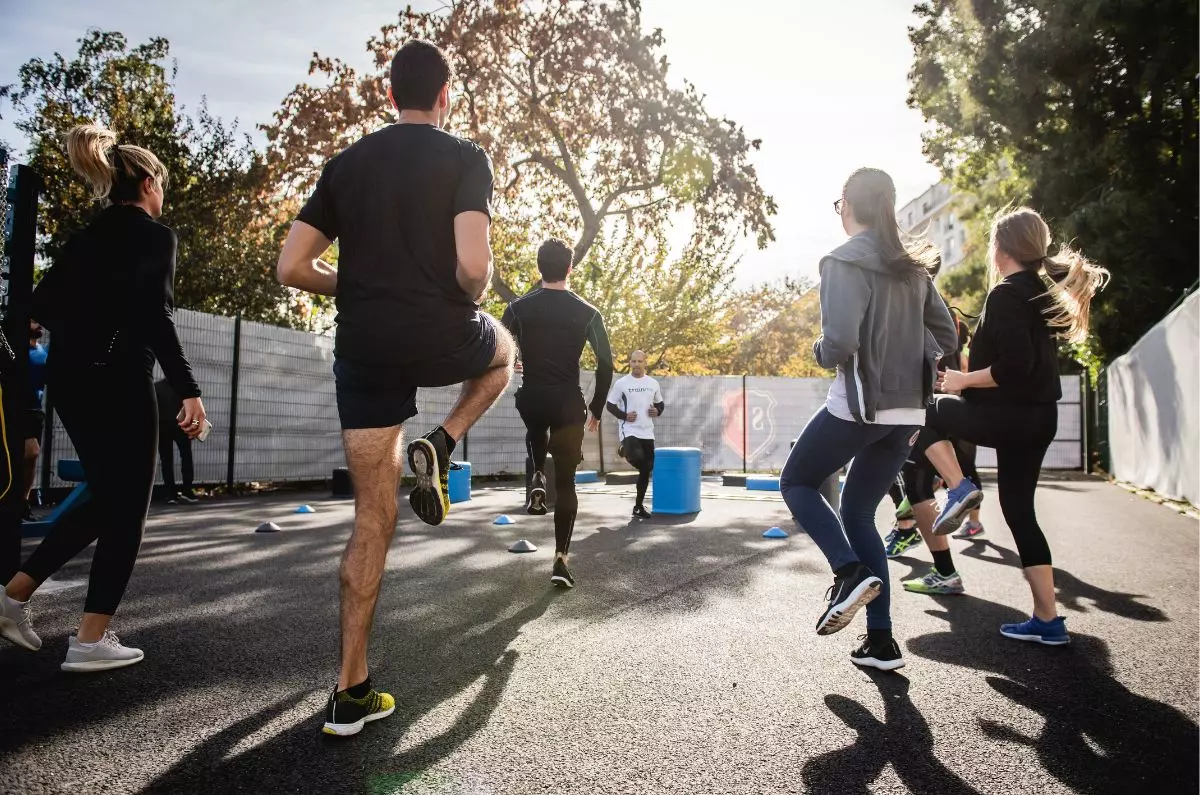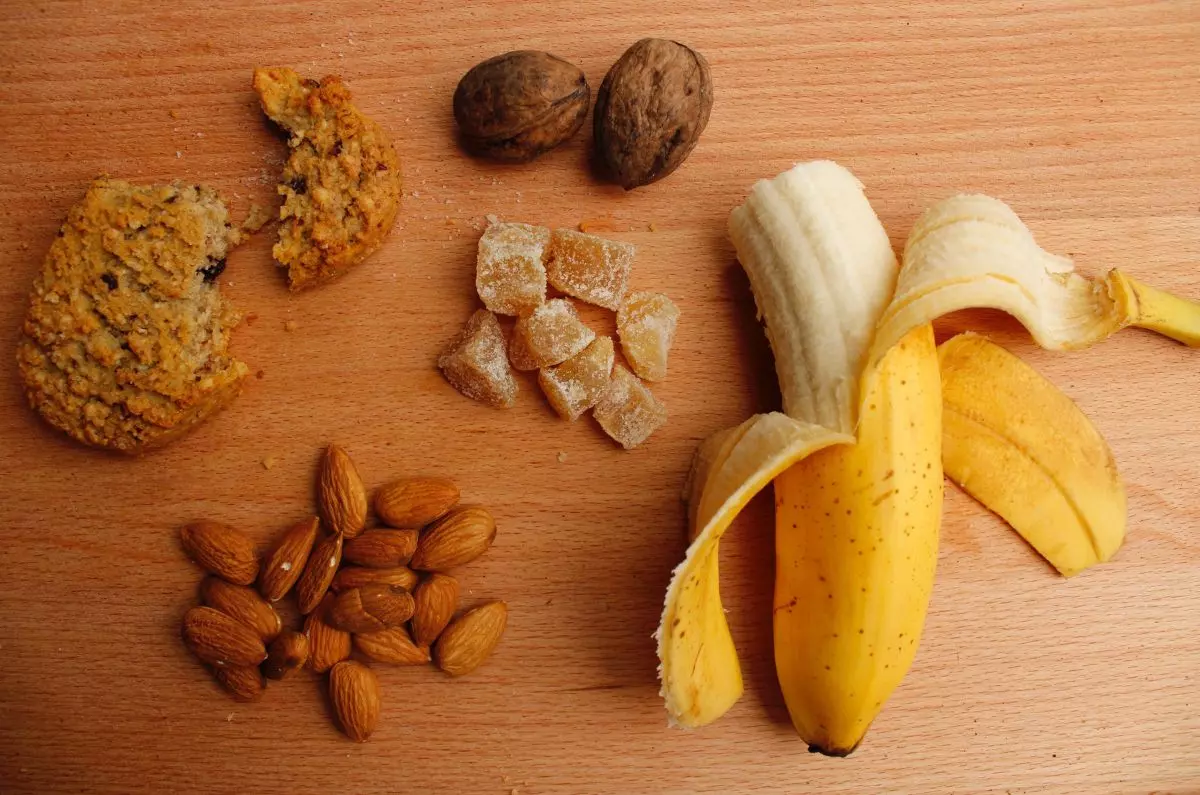1 Physically active people enjoy a higher quality of life and longer life expectancy because they suffer less from the limitations normally associated with chronic diseases and aging.
2 The health benefits of exercise can be seen in moderate physical activity, and are most evident in sedentary people who change their habits. Physical activity is associated with a reduced risk of heart disease, prevention of diabetes, lower blood pressure and a reduction in the development of colorectal cancer. In addition, regular exercise can be beneficial for diseases affecting the muscles and bones, as well as for improving mental conditions and mood.
3 There is growing evidence that reduced levels of physical activity are a major factor in the increase in obesity. In fact, the amount of physical activity performed may be an even more important determinant in the development of obesity than energy intake (kilocalories).
4 Low participation in sports activities, lack of interest in sports activities and a high number of hours spent sitting at work are significant predictors of obesity.
5 Obese patients who are physically active will help with adhering to the dietary plan and that is one of the factors related to long-term success in maintaining body weight.
6 The combination of a balanced diet and exercise accelerates fat loss while preserving or slightly increasing lean mass, and prevents or slows the decrease in basal caloric expenditure that occurs when dieting.
7 It is commonly accepted that the equivalent of at least 150 minutes per week of moderate-intensity physical activity is necessary for improvements in health condition. However, higher levels of physical activity may be necessary to improve long-term weight loss outcomes.
8 In high-intensity sports, carbohydrates are the fuel of choice. Therefore, dietary manipulations, such as increased carbohydrate intake prior to or during exercise, have the potential to favorably influence the athlete’s training capabilities.
The available scientific literature does not document differences in the usefulness of different types of carbohydrates (simple, such as sucrose, to complex) as energy substrates during physical activity.

